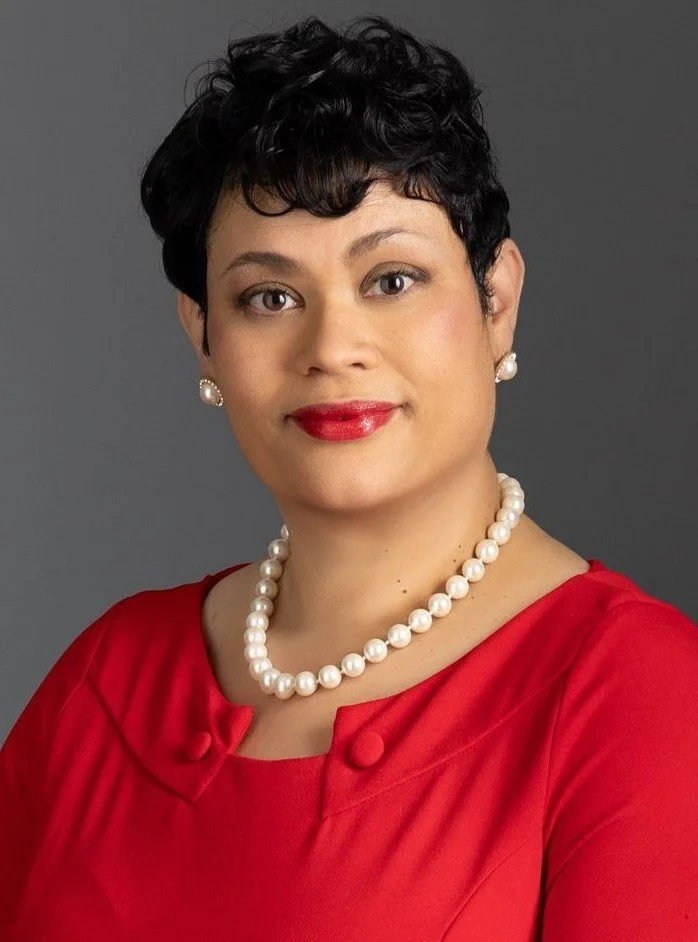Op-Ed: State of Black of America Calls for Action

By Aisha R. Arrington
President & CEO – Fort Wayne Urban League
Red was born in the winter of 1976. It was a very cold winter in Fort Wayne marking 43 days of below freezing temperatures. Stevie Wonder’s song, “Isn’t She Lovely,” played so many times on the radio that year that it made the top 23 on the Adult Contemporary Pop Chart. That same year the first “Rocky” movie was released, “Bionic Woman” premiered on ABC, the first Apple computer was unveiled and sold for $500, Jimmy Carter defeated Gerald Ford in the Presidential election, and the United States celebrated its 200th anniversary of the Declaration of Independence. 1976 was also the year that Vernon Jordan, President and CEO of the National Urban League, released the first State of Black America’s report; making both Red and the report 49 years old. Jordan created the report in a desperate attempt to create a call to action to address the needs in the black community and to develop solutions for equal opportunities.
Red was given her nickname by Uncle Larry who said her face turned bright red, like a strawberry, when she cried and didn’t get her way. That may have been the first sign that baby Red had the heart of a fighter much like Vernon Jordan. But, unlike Jordan, it would be years before Red understood how advocacy, the movement, or even the State of Black America’s report told a story of how policies, systems, and laws affected the quality of life for herself and others.
Red was 28 years old when she voted in the 2004 Presidential Election. It was the first time she ever voted. Before then, she was too ignorant to understand if her vote really mattered. Voting felt like a formal procedure mixed with a lot of rules and regulations that didn’t make any sense. The same kind of rules that forced her to sign a paper at the welfare office in 1996, while holding her one year old, stating that her benefits wouldn’t be increased if she had another baby. The social worker was clear in saying, “Now, we are not saying you can’t have another baby.” But the paper was very clear that if she got pregnant again and decided to have the baby, she would not be eligible for assistance. Or the same kind of policy that cut her food stamps off the same day she started a new job; two days before she was to receive her food stamps that month and two weeks before she would receive her first paycheck. The system felt rigged.
Data in the first State of Black America’s report suggested the need to create real solutions. Which the Urban League did through the development of job training and employment placement programs, health and education programs, and through advocacy efforts for fair wages and home ownership opportunities for blacks and others in underserved communities. The 1976 report tells the story of how the creation of programs and policies could support equal opportunities for all people. The data was dismal but there was hope. With strong government support, things could change. Life could get better.
Fast forward to the 2025 State of Black America Report and The National Urban League has declared a State of Emergency. Marc Morial, President and CEO, is quoted as saying, “Seventy years ago, Brown v. the Board of Education began the dismantling of segregation in America. Ten years later, the passage of the Civil Rights Act. For the first time, there were legal protections against discrimination in fact, not just discrimination in law. That effort is being attacked viciously now. How is it being attacked? - voter suppression, an attack on equal opportunity under the guise that somehow equal opportunity is discriminatory in and of itself - that's all the attacks on DE and I are - and the cutbacks on government initiatives and programs - whether it's Medicaid, food stamps, education, veterans' benefits - that help make America stronger and better and create opportunity for all.”
This current report identifies the real consequences when policies, laws, and programs are dismantled. The poor will become poorer, and the gains of the past 70 years will be lost. Equality for all people is a goal the movement must continue to push forward, and the agenda is simple: vote, advocate, and continue to provide services for those most in need.
The Fort Wayne Urban League will kick off its 2nd Annual Equality for All Sneaker Ball Saturday, September 6th at 6:30 p.m. at the Parkview Mirro Center. It’s the organization’s yearly fundraiser that helps raise dollars for its mission to create a world with no equality gaps. Red will be there. It’s ironic that she now leads the Fort Wayne Urban League. Her life serves as a testament that programs, policies, and systems can help get someone to a more equitable place in life. She was just 2 and ½ years old when Vernon Jordan was shot here at the Marriott Inn but maybe it was written in the stars that she would be equipped with enough fight and determination to keep the movement going. Vernon Jordan, son of a mail man, would expect nothing less.
